Brazilian Portuguese isn’t just a magnificent language, it’s also becoming increasingly useful and sought after at the professional level. As you may already know, I’m currently learning Portuguese. Why? Because I adore its musicality and have fallen in love with Brazil and its culture (in particular its music). For those of you who are looking for more practical reasons, I’ve investigated why people choose to learn Portuguese. Here are 11 great reasons.
Updated: 24/08/2016
1. Portuguese is one of the most widely spoken languages in the world
Approximately 208 million people are native speakers of Portuguese, which makes it the sixth most common language in the world. This figure jumps to 218 million if we include people who speak Portuguese as a second language.
2. Portuguese is spoken in 11 countries on 4 continents
Portuguese is the official language of not only Portugal and Brazil but also Angola, Cape Verde, Guinea-Bissau, Equatorial Guinea, Macau (China), Mozambique, São Tomé and Príncipe, East Timor, and Goa (India). It is also spoken in numerous other countries (check out the map below) and is an official language of the European Union. Learning Portuguese opens the doors to a number of countries and job markets (especially in Brazil).
- “Map of the Portuguese language in the world” from Wikipedia (License Creative Commons)
3. Brazil is a great place to live

4. The number of Portuguese speakers is on the rise
In the coming years, more and more people will spe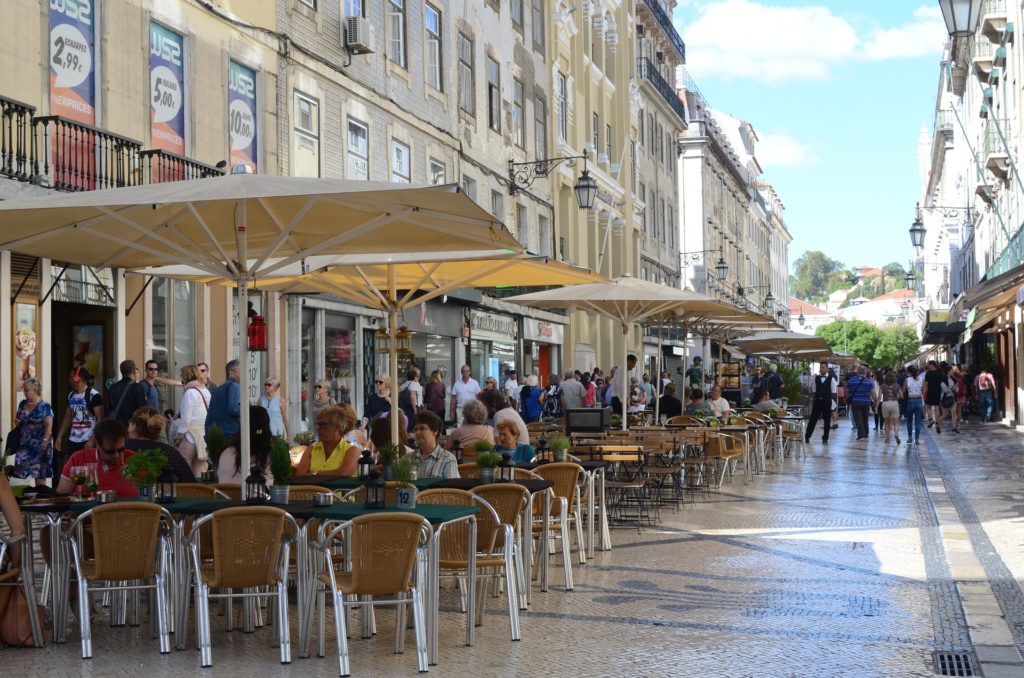
5. Trade is increasing between the world and Brazil
Since 1995, Brazilian imports and exports have practically doubled. It’s reasonable to expect that trade between US & Europe and Brazil will continue to increase.
Therefore, knowing Portuguese can help you find a job or put you in a good position in companies that are or that will be in contact with this South American powerhouse.
6. Portuguese is relatively easy to learn
Portuguese is a rather easy language to learn, especially if you already know some French, Spanish or Italian because a number of words are nearly identical. As for grammar, English and Portuguese organize sentences in the same order (noun – verb – complement)
. And who doesn’t have a Portuguese neighbour, acquaintance, or friend with whom to practise speaking without having to move to another country?
If we compare Portuguese to languages of other developing countries (Mandarin or Korean, for example), learning Portuguese is walk in the park!
7. Few English speakers also speak Portuguese (less competition)
If we compare the number of English speakers who also speak French, German, Spanish, etc. with those whose second language is Brazilian Portuguese, there are significantly less speakers of Portuguese as a second language. This means that you will have less competition for jobs in all sectors if you focus on learning Portuguese.
8. Brazilian Portuguese is a desired language in a number of professional sectors (tourism, international trade, research, etc.)
Portuguese is spoken in a number of tourist destinations, such as Portugal, Madeira, Brazil, and the Cape Verde archipelago. Economic prosperity is pushing the Brazilian middle class to Europe, so it will become more and more important for tourism professionals (guides, interpreters, group leaders, etc.) to be able to communicate in Brazilian Portuguese. Because of Europe’s increasing trade with Brazil, interpreters and translators are more and more in demand (and as I said before, there isn’t much competition at the moment), as well as engineers, doctors, lawyers, salespeople, and marketing specialists who can speak Portuguese.
9. Portuguese is the fifth most common language on the Web
Portuguese is also becoming more popular online due to new technological developments. Around 83 million Internet surfers speak Portuguese, and the number of webpages in Portuguese continues to increase. This makes Portuguese one of the most common languages on the Web.
10. Brazil will host the Football World Cup and the Olympic Games
Brazil is hosting the coming Football World Cup (2014), and Rio de Janeiro will host the 2016 Olympic Games. Not only will the eyes of the world be focused on Brazil for the next four years, but these events will also create lots of employment opportunities in this country, in bordering countries, and in all of Brazil’s partner nations.
11. Brazilian Portuguese culture is wonderful
Music, literature, cinema, arts … Portuguese-speaking countries truly have a lot of offer. The culture will definitely move you. Given that passion is one of the key factors in learning a language, this will make learning Portuguese even easier for you!
So, have I convinced you to learn Portuguese?
If you’re still not convinced, I must say that Brazilians are very good looking, and it’s certainly worth communicating with them to find a Brazilian boyfriend or girlfriend. I’m kidding!! However, this really is a great way to learn a language! 😉
You can learn Brazilian Portuguese with MosaLingua Portuguese
Are you looking for a fast and easy way to learn Portuguese? Then the MosaLingua Portuguese application is for you! Using MosaLingua’s proven method, you can learn Brazilian Portuguese in less than 10 minutes per day!
Download the application for your iPhone, iPad,
Android device (smartphone and tablet) or use it on your computer
Related posts:
Want to start improving your language skills today?
Start improving your Portuguese today
Want to improve your Portuguese?
Good news: we can help!
More good news: you can get started for free! With your free trial, you can test drive the most effective method for learning Portuguese for the next 15 days !Vocabulary flashcards, videos with subtitles, audiobooks, articles adapted to your level – with MosaLingua Premium (Web & Mobile), you’ll have access to all this and more. Get started right now. It’s free—and risk-free—to try!

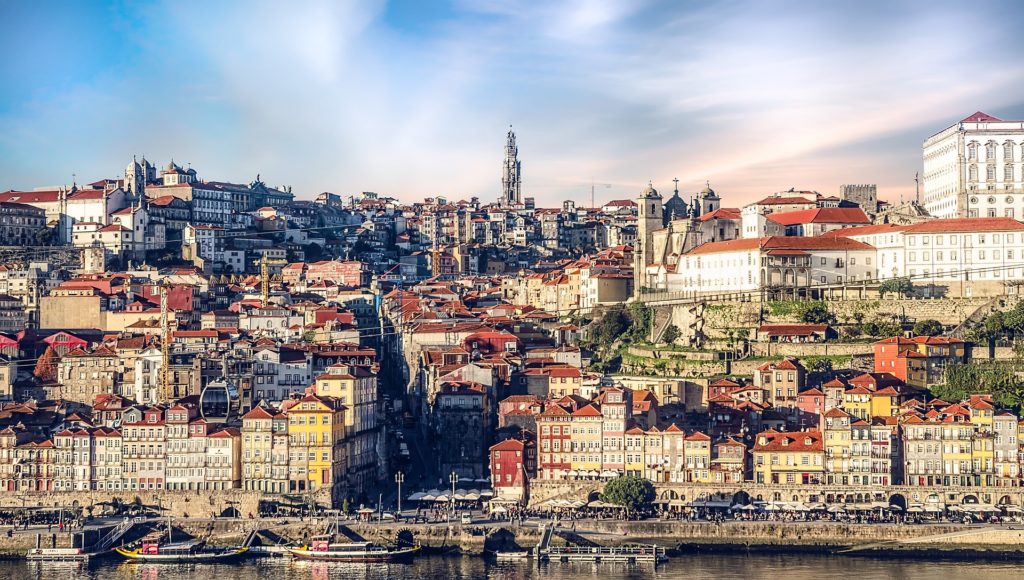
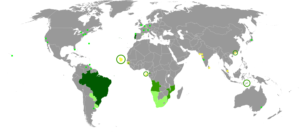


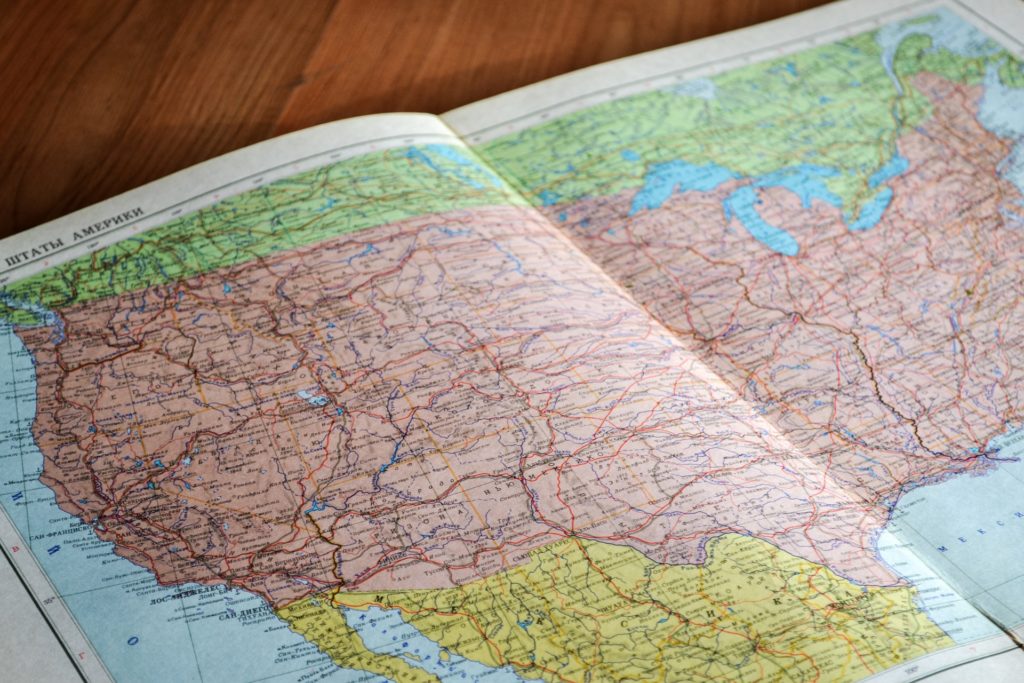








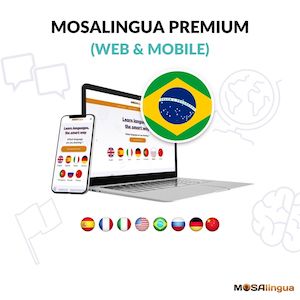
As a Brazilian who still lives in the country, I have to disagree with number 3 and number 6. The ”average annual growth of 8%” only applies to owners of big companies, and this ”grownth” isn’t seen for the majority of us. The taxes and income taxes are very high, most of things here are expensive and we get robbed everywhere (it doesn’t matter the city), the goverment doesn’t care about the education or health of the population, private schools are quite expensive too. The only good thing is the weather, I saw that you put a pic of Rio de Janeiro, well… there are many beaches there but don’t expect more, that’s all stereotypes. The country is growing because people from low to middle/upper-middle (yes, even them) class are in the informal working, which means, selling things in the street, doing homemade things to sell outside, just by themselves.
About the number 6 I wonder if you have ever learned Chinese… Portuguese is even hard for us. Chinese grammar is way easier, in Portuguese you have to memorize the conjugation of the verb (it might end with AR, ER or IR + irregulars) and in 4 subject pronouns (eu, ele, nós, eles – I, she/he, we, they) every single one is different for every verb.
And just an observation on number 9, ”Portuguese is also becoming more popular online due to new technological developments.” er…that’s because Brazilians spend around +9 hours in the Internet, we are the country that uses the websites the most. (1st place, if you search you’ll find many articles)
Good things? foods, culture and the little bit of nature
Bad things? transportation, heathcare, goverment, taxes, dirty streets coz people throw trash everywhere, assault, people making noises till the early hours, dawn… everything is expensive and most of the times are not worth the price! and so on…
Just don’t come here thinking you will get a good job because you know a basic Portuguese, that you will find beautiful people and beaches everywhere. we ”survive” in this country. It’s hard it’s tough.
Hi Letícia,
First of all, thanks for your comment: it’s always very useful and interesting to have a different point of view. As for 3, I must confess I wrote the article the article 3-4 years ago and that my point of view is the one of a “gringo” who knows the country from outside. I read a lot bout Brazil, I have very close friends in Sao Paulo and I spent 1 month in Brazil a couple of years ago but only when you live in a country you can deeply understand it. I’ll ask our Lize (who is Brazilian) to update a bit the article (in particular this part).
As for 6, I have to disagree: Portuguese has its difficulties but compared to German (which I’m studying), Japanese and Chinese, it’s easier (you need less time and efforts to learn Portuguese when your native language is French, Spanish, Italian or even English).
In any case, thanks again for your comment.
Take care!
Thank you for this articlce!
I have ever been in Madeira and it was an amazing experience!
Hello!
I am brazilian. My name is Henrique. I am learning english, but I am so bad. I need a friend to online practice. Anyone want to be my friend?
Goodbye.
God Bless everyone!
Hello Henrique,
Thanks for your comment. Check out this article from our blog on where to find language exchange partners.
https://www.mosalingua.com/en/how-to-find-a-language-exchange-partner-the-best-websites/
Happy learning!
Diana
I have been learning portuguese for about a year by myself and in the internet. It wasnt really hard for me to get on a level at which I can keep a simple conversation held slowly and not too colloquial. I also did not put a lot of effort into it since I wanted to learn it out of pure boredom. Still, I guess I picked up a lot porque português é a idioma mais linda do mundo e facil pra aprender. Abraços da Alemanha, Mark.
Hi Mark,
Thank you very much for sharing you experience!
Best regards,
Patricia
That’s funny… You’re german and you’re learning portuguese while I’m a brazilian trying to learn german. Although people say it’s a very schwere sprache I myself find it really interesting.
Hi Paula,
Many thanks for sharing your opinion!
Best regards,
Patricia
Is always good to find someone trying to learn our language. I’m trying to learn French alone and I know it’s hard ( despite they’re very similar). Just wanna say the noun ” idioma ” is male … So the correct phrase was [ porque português é ‘ o ‘ idioma mais ‘ lindo ‘ do mundo e fácil pra aprender] ok?! Just trying to help u. Good like and keep going with Portuguese
Thanks Gustavo!
Regards,
Patricia
i'm Brazilian, add me 😀 i will add everyone (except fake profiles).
Thanks Samuel! I appreciate the write-up. Looking forward to using MosaLingua Portuguese on my iPad. I’m going to practice with this app to hone my Portuguese outside of my lessons with BRIC Language Systems .
Reason no. 12 should be: to talk to beautiful Brazilians 😀